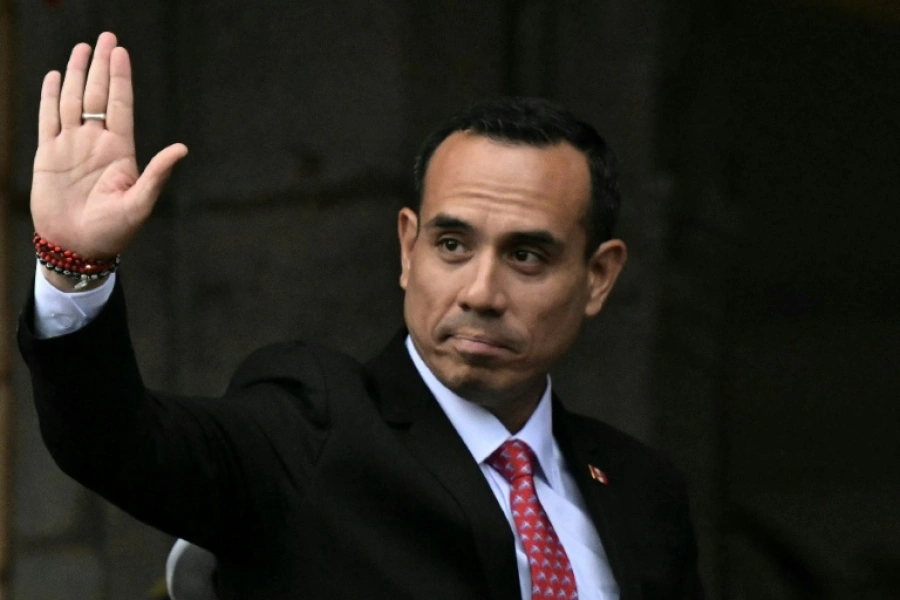KATHMANDU, Dec 6: Import of food items has surged by 64 percent in the last seven months since the first nationwide in March.
According to the Department of Customs, Nepal imported food items worth 44.90 billion rupees during mid-March to mid-November compared to 27.44 billion rupees during the same period last year. Import of rice, pulses, spices and fruits has surged. And import of dry fruits, food supplements and a number of herbal products have also escalated during the review period.
The government enforced nationwide lockdown for the first time on March 24 which lasted for three months following extensions. Local governments imposed lockdown in their respective areas.
Eating junk food is bad for health!

Commercial activities were largely shut down during nationwide lockdown, and a number of sectors, including education, are yet to come into full-fledged operations.
Urmila KC, assistant spokesperson of the Ministry of Industry, Commerce and Supplies, said the increased household consumption had triggered import of edibles during lockdown. According to her, Nepal relies mainly on imported farm products whose price goes up during summer.
“Apart from these, people started panic buying fresh fruits, dry fruits, food supplements and herbal products, among others, which are known for boosting the immune system,” KC said.
As per the department’s records, import of rice increased by 46 percent to 17.30 billion rupees in the review period. Similarly, import expenses on sugar rose by 18 percent to 6.14 billion rupees.
The country spent double the amount to purchase wheat and paddy, from 9.14 billion rupees to 6.92 billion rupees respectively. While import expense on mustard seed escalated 70 percent to 7.85 billion rupees, legumes import saw a growth of 55 percent and stood at 14.22 billion rupees.
Import of walnuts and almonds surged 55 percent and 49 percent respectively. The country imported each of these products worth 520 million rupees. Similarly, the imports of cashew nuts increased by 23 percent to 840 million rupees.
Likewise, import of food supplements almost doubled to 320 million rupees and that of herbal medicines-- Chyawanprash and Triphala grew threefolds to 150 million rupees during the review period.







































